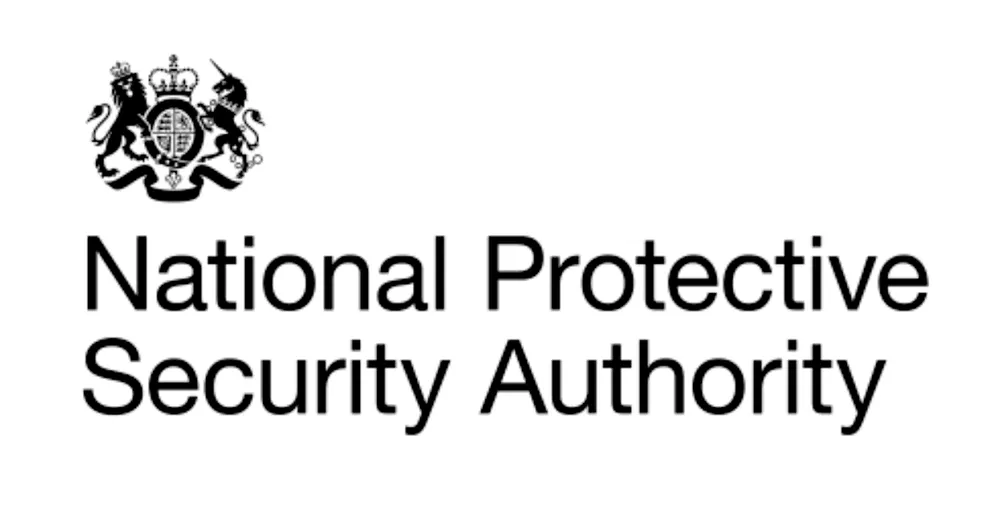UK launches new agency to tackle state-sponsored threats to business
The British government has announced a new body to help businesses and organizations to defend themselves against national security threats, including Chinese attempts at intellectual property theft.
The National Protective Security Authority (NPSA) which is part of MI5 — the U.K.’s domestic intelligence service — will offer advice to businesses on “state-sponsored attempts at stealing sensitive research and information.”
The NPSA was announced on Monday as part of the government’s update to the Integrated Review — a review of the country’s foreign, defense and security policies that was published in 2021.
The government said the 2023 refresh (IR23) “was commissioned to respond to emerging geopolitical threats, from Russia’s illegal invasion of Ukraine to China’s economic coercion and increased competition between states.”
It follows the heads of MI5 and the FBI last year issuing a joint warning about “the emerging threat to businesses posed by espionage activity by the Chinese state, including the theft of intellectual property, exploiting academic research and the deceptive use of professional networking sites to acquire sensitive information.”
The IR23 refresh aims to set out “how the UK will adapt our approach on China to deal with the epoch-defining challenge presented by the Chinese Communist Party’s increasingly concerning military, financial and diplomatic activity.”
The announcements come as Prime Minister Rishi Sunak meets in San Diego with President Joe Biden and the Australian Prime Minister Anthony Albanese in talks regarding the AUKUS submarine program.
MI5 said the NPSA will work alongside the National Cyber Security Centre (NCSC) to provide security advice alongside training, guidance and tools, although it acknowledges that NCSC will remain the lead authority on cybersecurity. As a successor body to the Centre for the Protection of National Infrastructure, the NPSA will be Britain’s lead authority in physical security.
In a statement, Sunak said: "We have seen all too clearly in the last year how global crises impact us at home, with Russia’s appalling invasion of Ukraine driving up energy and food prices. We will fortify our national defences, from economic security to technology supply chains and intelligence expertise, to ensure we are never again vulnerable to the actions of a hostile power."
Earlier this year the British government was accused of dropping the ball by allowing a company with alleged ties to the Chinese government to acquire a semiconductor startup against the U.K.’s national interests.
It followed the government introducing a National Security and Investment Act allowing it to “scrutinize and intervene in certain acquisitions” in 17 sensitive areas of the economy amid concerns that critical IP was being acquired by potentially hostile states, particularly China.
The law was introduced after the U.K.’s largest microprocessor factory, known as the Newport Wafer Fab, was acquired for £63 million ($76 million) by Chinese-owned Nexperia amid the global semiconductor supply shortage.
That acquisition had initially been reviewed and given the green light by the Department for Business and by the National Security Advisor. But in a report titled “Sovereignty for Sale” published in April 2022, the Foreign Affairs Committee accused the government of failing to take seriously the British national interest in the ownership of the Newport Wafer Fab.
The British government subsequently announced in November that it was ordering Nexperia to sell at least 86% of the acquired company. It argued that the acquisition posed a risk to national security relating to “technology and know-how that could result from a potential reintroduction of compound semiconductor activities at the Newport site, and the potential for those activities to undermine UK capabilities.”
In its statement in response, Nexperia said it was “shocked by the UK Government’s decision” and “does not accept the national security concerns raised.”
“We are genuinely shocked,” the company said. “The decision is wrong, and we will appeal to overturn this divestment order to protect the over 500 jobs at Newport.”
The government’s specific semiconductor strategy has still not yet been published.
Alexander Martin
is the UK Editor for Recorded Future News. He was previously a technology reporter for Sky News and a fellow at the European Cyber Conflict Research Initiative, now Virtual Routes. He can be reached securely using Signal on: AlexanderMartin.79



